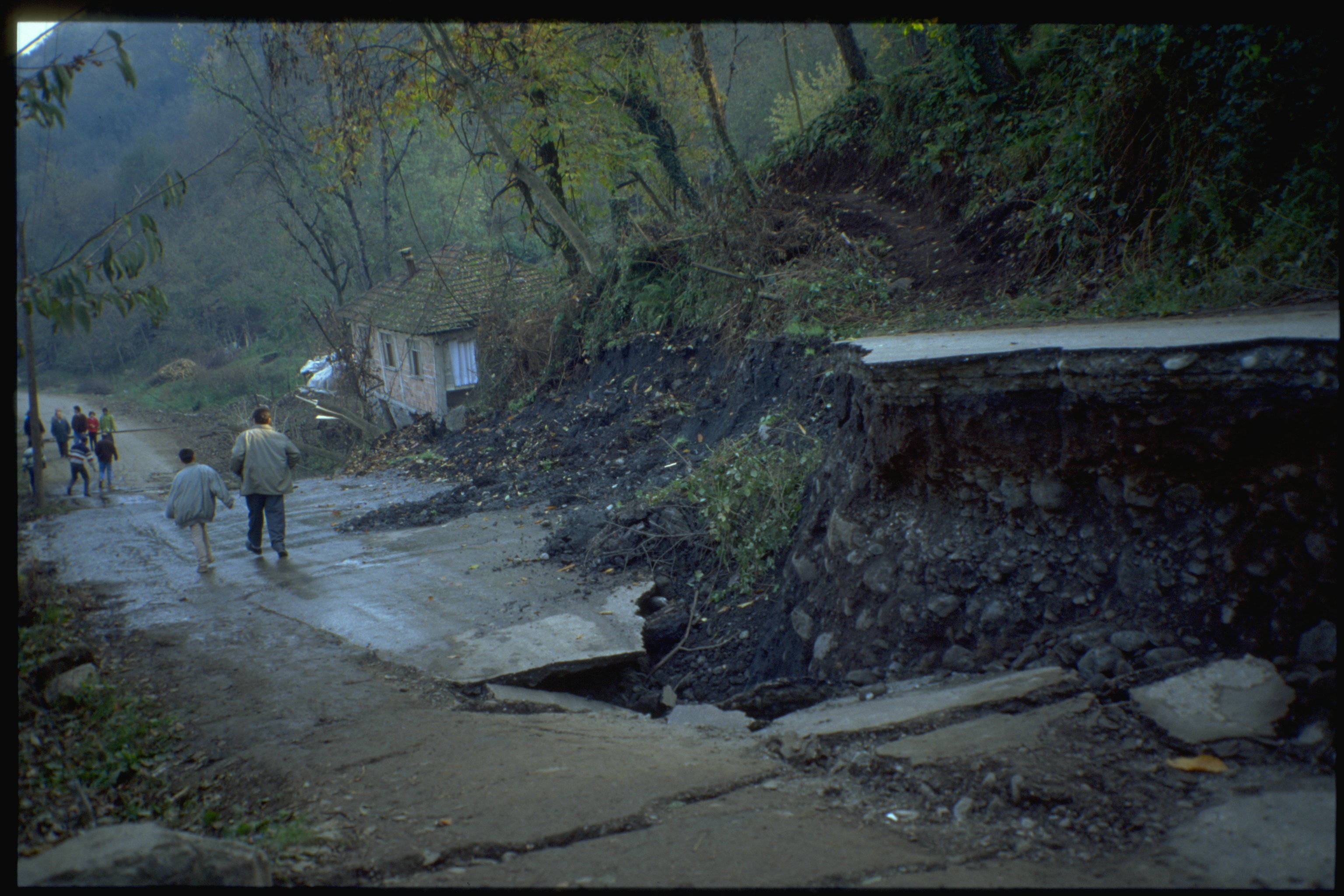All Categories
Featured
Table of Contents
Geoscientists : Occupational Outlook Handbook in Wembley Oz 2022
This work is progressively contracted out, so consultancies provide another source of employment. Consultancy companies differ in size, from really small business to big multinationals. Some consultancies are rather specialised in using particular geophysical techniques or working in particular places, while others offer a more diverse variety of services to their consumers.
The extraction of gas from landfill websites is another area of employment and this might grow in the future. Exploration business may carry out work for building firms, public utility, mining companies and environmental companies, so geophysicists may be utilized in any of these settings. Other companies consist of: geological surveysgovernment bodies and agenciesuniversities and research institutes.


Vacancies may be listed in the oil and gas sector press. Recruitment is impacted by oil rate fluctuations and the level of competition for positions differs depending on this. Professions Days, which cover the full series of geoscience professions and are generally attended by a number of key market employers, are run by The Geological Society.
Geoscientist - College Of Science in Mt Richon Aus 2023
Some of the big oil and gas business offer a complete two-year structured training program across the breadth of geophysics, consisting of the chance to experience operate in different groups before specialising in one area. Your training might consist of deal with: existing wellsmagnetic and gravitational possible field data analysisresearchrock analysis. Nevertheless, it's more usual for your initial training to be provided on the task.

There may be a probationary period during which you work alongside a knowledgeable associate. Competency-based appraisals occur regularly in most companies. In smaller sized companies, and for scholastic posts, there is not likely to be any official training - you'll be expected to begin work straightaway and choose up skills as you go along.
If you work for a smaller sized business, you may discover that you require to take obligation for arranging and moneying your own development and training. If you have a geology degree, membership of The Geological Society can be helpful for networking and for maintaining to date with the industry.
Geophysical Surveys & Mapping - Ecs Limited in Rossmoyne WA 2023
You may also find it useful to join the PESGB (The Petroleum Expedition Society of Great Britain, which has a geophysics unique interest group. After a probationary duration, and once you have actually acquired some experience, you might advance to senior geophysicist, then group leader and after that into a senior role in management.
The ease of movement between roles depends on the business structure. Research study at Masters or Ph, D level in a subject associated to geophysics or geosciences might help with your profession advancement and development. The employment market within the oil and gas market is really depending on price and this may affect your opportunities for profession development.
However, not all jobs depend on the oil and gas markets. For experienced geophysicists, freelance consultancy provides a good route for career advancement. You can also specialise in a specific area of geophysics. As a geophysicist, you're most likely to have several tasks throughout your working life. Worldwide mobility is vital for handling peaks and troughs in different countries at various times.
How To Become A Geologist Or Geophysicist in South Perth Western Australia 2022
From geophysics, it's possible to concentrate on seismology (finishing additional training to become a seismic interpreter) or to move into related locations such as engineering geology or threat forecast.
Choosing what to study in college is a tough choice. Even if you know that your field of interest lies in science, what program of research study is ideal for you?
The first step to achieving your objective of becoming a geophysicist is making a degree. Even for entry-level positions in the field of geoscience, you'll require a bachelor's degree (a geophysicist college degree) from an accredited college or university. Geophysicists should be able to: examine rocks, photos, and other pieces of data conduct research study both in the field and in laboratories create maps and charts of their findings write reports To achieve all this, trainees require a specialized education for geophysicist professions.
As specified above, you'll require a bachelor's degree in geoscience or a related discipline, such as a physical science or a life sciences, to land an entry-level task. But students can also prepare by majoring in topics like: Biology Chemistry Computer technology Engineering Mathematics Physics The above geophysicist majors offer a more generalized method to a single scientific discipline, however many programs need trainees to take one or more geology course.
Latest Posts
Geophysical Surveys: Definition & Methods in Forrestdale Oz 2020
Geophysics in Spearwood Australia 2022
Geophysical Survey in Kinross Oz 2022